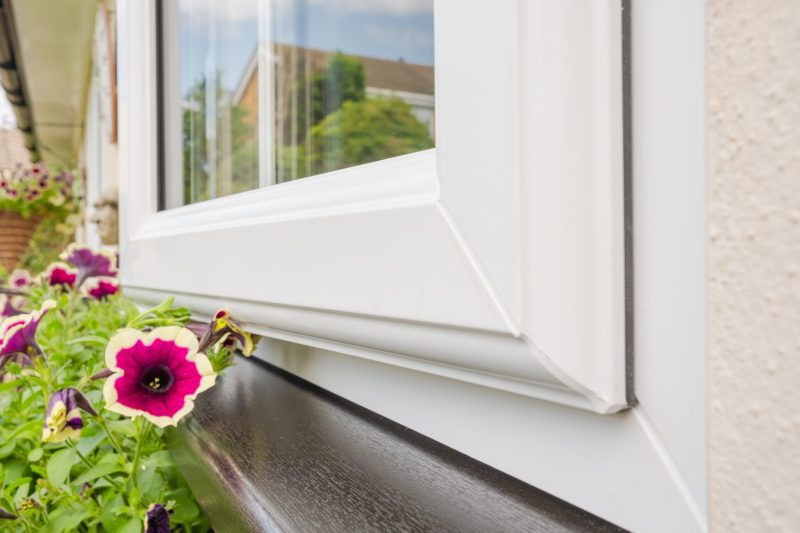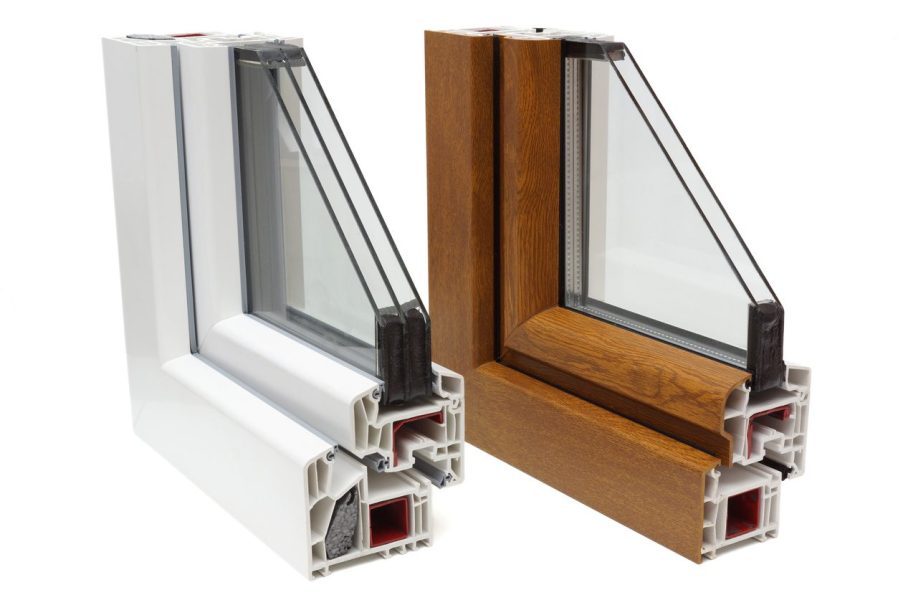One of the greatest additions to home comfort and home economising is double glazing. It has taken energy efficiencies to new levels, enhanced interior quietness, and stabilised thermal levels. Like all things in our homes, offices or hospitality buildings, etc., everything has a lifespan. Knowing when and how to replace double glazing glass has to be scheduled into your 10-year maintenance plan and budget.
How does double glazing glass work?
As per its name, double glazing is layers of glass (glazing). It is, however, not the double presence of glass that creates soundproofing or thermal stability. The two pieces of glass capture a volume of air between them and the frame. Layers of air are poor conductors of heat and sound waves and are therefore highly effective at keeping noise, heat or cold outside. Cutting edge technology has led to:
- The addition of specialised coatings of metal-oxide to the glazing.
- The increase in the depth of frames, therefore more air is trapped.
- The injection of specialised gas into the cavities to replace pure air.
- The drop in popularity of aluminium (which conducts heat/noise efficiently) and the increase in popularity of uPVC frames (poor conductors of heat/noise).
Year on year, there are improvements, but this still does not nullify the fact that double glazing glass and windows have a lifespan.

How long does double glazing glass last?
This question is a bit of a ‘How long is a piece of string’ type of question. How long does a front door last? How long does your roof last? It depends on the location of the building, e.g. alongside a beach, the position of the facade (sun-facing, weather facing, etc.), and general extremes of weather in your geographic location.
In addition, poorly manufactured windows or poorly installed windows will not last as long as a quality brand and a quality, reputable installing contractor. Double glazing glass and windows that are serviced and regularly maintained will also last longer than those that are ignored.
With these factors and so many more, the answer to the question is that your double glazing glass and windows have a lifespan of 10 to 50 years.
Here are some indications of when you do and do not need to replace double glazing glass and windows or repair them.
Development of condensation on double glazing glass
Normal condensation
When there are significant differences in temperatures between the interior and exterior window panes, there is a high probability of condensation building up on the glass.
As warmer humidity comes into contact with the cold window, it quickly drops in temperature and releases water droplets. This effect is amplified in the presence of double glazing glass or triple glazing glass, and the heat on the inside of the building is not transferring to the outside. During winter, you will observe this occurrence more so than in summer.
If you live in a region that experiences higher humidity levels with seasonal rainfall in winter, then it will be perfectly normal to see condensation. It will develop from the bottom or corners of windows and will occur for as many months as the weather conditions persist. The warm, moist spots are highly attractive for airborne mould to take root, so this needs to be watched out for and should be cleaned immediately.
Abnormal condensation
The growth of mould is not a sign of window failure but the opposite. What you should look out for is the development of moisture on the inside of the glass panes. This needs immediate attention.
You might think it is normal for humidity to appear between the panes because air has humidity, and there is air between the panes; however, good quality double glazing has a moisture extraction step whereby dehydrating desiccant is used. Desiccant is commonly used in the transport of moisture-sensitive items, and you might find small sachets of it in your bottles of medicine or boxes of electronic equipment.
Desiccant is left in the structure of the windows to capture any moisture that might sneak in later in the window’s life. A window from a quality manufacturer, however, will serve you for many, many years before any moisture creeps in. When a breach occurs, it will most likely be quite minor, and the desiccant will be able to deal with it. When the breach grows bigger, then resealing will be required. This would normally be picked up in the regular services of the windows.
How to replace double glazing glass
All the quality manufacturers will stand by the quality of their products and will offer you a substantial guarantee, and a quality installer, worth their salt, will also offer you a guarantee of workmanship. Therefore, if any issues occur before a service period is due, this guarantee will protect you, offering buyers some protection against premature problems with their windows. Expect a guarantee of no less than ten years.
Use your guarantee and use the installer for regular services. Do not attempt to DIY the window repair yourself, as you could nullify any guarantee and warranty and make the problem worse.
When moisture is developing between the double glazing glass panes, there is not much you can do to remove it. In addition, if the windows originally had a gas injected into the void, then a leak in of humidity also means a leak out of gas. It is thus time to replace double glazing glass, and you should contact your installer.
Air Ingress
At the original installation of windows, they never have an exact match with the aperture that they are filling. This is because windows are machine-made and have scientifically accurate lines, edges and angles. On the other hand, the aperture is hand-made and is reasonably straight and smooth with quite good right angles, but they are man-made. Even the most painstakingly careful measurements will still result in tiny imperfections which air and sound can easily travel through.
To counteract these tiny, normal imperfections, installers use top quality specialist foam that reacts with air and expands into the tiniest deviation. The foam is soft while expanding and quickly hardens into a perfectly fitted seal. This foam obviously has a lifespan as well and will become brittle over time. The environment that it is exposed to will also affect the length of its lifespan. When it starts breaking down, you will notice a slight ingress of air, and it’s time to call your installer for an update of the foam.
If double glazing glass has not been serviced regularly and it’s getting on in age, you might notice air getting into the void between the double glazing glass panes. This could be a sign that the rubber seal around the frame has become brittle (due to oxygen and sun radiation). This seal is what creates a tight fit between the window and the frame. While the seal can be replaced, it might be time to look at all the other componentry and assess whether the entire window and frame need a replacement.
Wear and tear
Windows work hard at their job and are pelted by rain, pollutants and small organic material, and hours of sun radiation.
If physical items have battered against the glass, there might be very small nicks and cracks that appear in the glazing. This type of damage is easily solved via light buffing. Larger damage may require a full replacement of the window as even a microscopic leak will cause the loss of gas from the cavity between the two layers of glazing.
You might find damage to the frame occurs as well. This is usually minor such as chips and scratches, and won’t necessitate a full window replacement. This can be resprayed on-site, but severe wear and tear might be better treated with a full replacement.
Our experts know how to replace double glazing glass and can service your windows to extend their lifespan. Get your free quote from the Clydebuilt Home Improvements team today.
 " alt="How To Replace Double Glazing Glass">
" alt="How To Replace Double Glazing Glass">